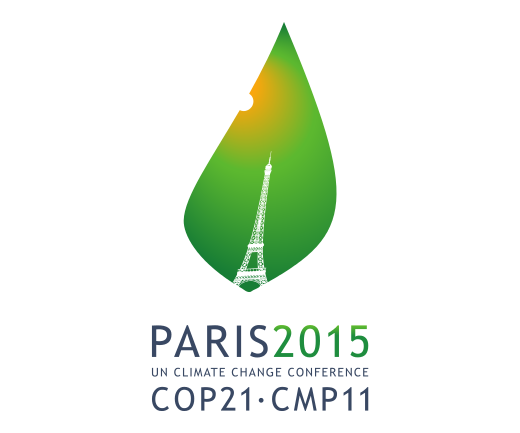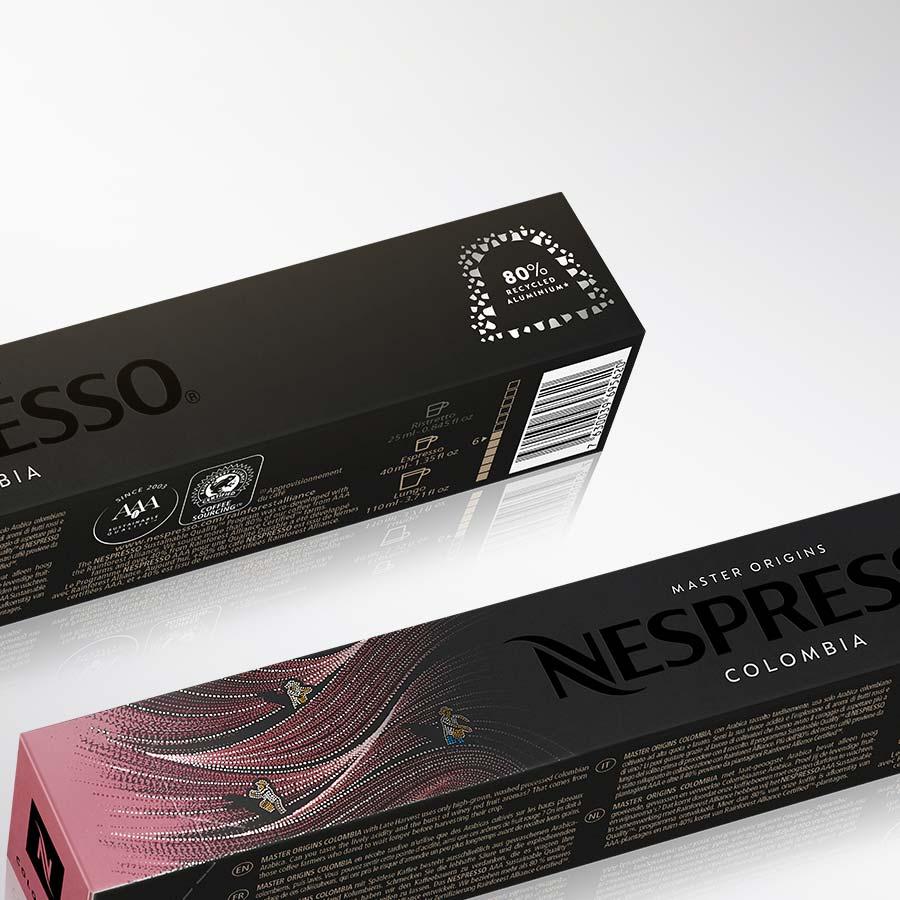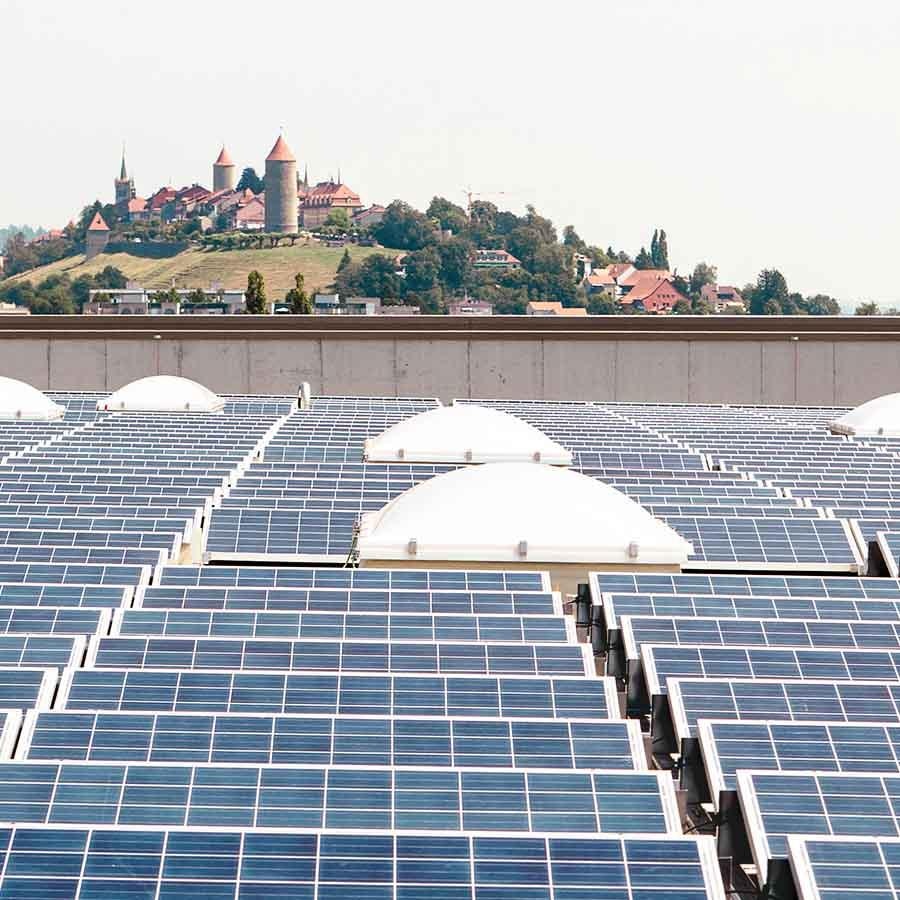
Article published in: July 2020
Article updated in: April 2025
THERE IS NO PLAN B
“There is no Plan B because there is no Planet B”, said former UN Secretary General Ban Ki-moon, ahead of the Paris climate summit in 2015, highlighting the urgent need for the world to transition to a new, regenerative path. Indeed, current models of production and consumption have placed increasing pressure on finite natural resources, while creating escalating carbon emissions, pollution and waste.
REDUCE, REUSE, RECYCLE
The circular economy, based on the principle of “Reduce, Reuse, Recycle” is regarded as the economic model of the future: one that takes planetary boundaries into consideration and where growth conserves natural resources and enables a low carbon future.
Research suggests it could generate USD 4.5 trillion of additional economic output by 2030, benefitting consumers, the environment and economies alike. Engaging with suppliers, startups and consumers in the opportunities it presents will play a significant role in unlocking this potential.*
NESPRESSO: TOWARDS A CIRCULAR VALUE CHAIN
At Nespresso, going circular requires innovation to achieve greater resource efficiency and improved environmental performance, as well as strengthening stakeholder relationships, particularly with consumers keen to be part of this circular transition.
So what is Nespresso doing to make this transition?

1. GROW:
Through regenerative coffee cultivation
Regenerative coffee cultivation is defined by farming principles and practices that increase biodiversity, enrich soils, conserve local water supplies and enhance ecosystem services. In promoting this approach, the Nespresso AAA Sustainable Quality™ Program supports over 168,500 producers in becoming more resilient to climate change while conserving the natural resources they need to thrive.
Amongst other key practices, the AAA Program transitions coffee cultivation into models supported by agroforestry, and coffee milling into centralised, water-efficient mills.
Currently under investigation, is the generation of biochar from coffee parchment – a by-product of coffee processing. This has the potential to be an unrivalled natural fertiliser and atmospheric carbon remover.
2. SOURCE:
With wise management of resources
Systems thinking and environmental stewardship are core concepts to the circular economy.
By collaborating with the International Union for the Conservation of Nature to establish the Aluminium Stewardship Initiative (ASI) in 2012, we began a journey to source virgin aluminium from suppliers respecting the highest environmental standards. The ASI promotes the use of production scraps while steering upstream aluminium suppliers to reduce their carbon emissions.
Using recycled content has been high on our agenda for some time, as this closed loop approach generates energy savings of up to 95% compared to mining virgin aluminium.
Initially, we piloted a scheme using recycled Nespresso capsules to make new Nespresso capsules. However, to create a more practical and scalable solution, we have redesigned our capsules to use less material and accept a wider range of aluminium alloys – leading to the 2020 roll-out of the first ever coffee capsules made using 80% recycled aluminium. In 2023 the entire Original Line was made using 80% recycled aluminium, and 94% of the Vertuo ranges of capsules were made using 85% recycled aluminium.


3. MAKE AND RETAIL:
With renewable resources
At our three production centres in Switzerland, 100% of the electricity is procured from certified renewable sources and we continue to innovate for greater resource efficiency. How? By recovering heat from the roasters, using gravity to channel beans through the production system, generating electricity through solar photovoltaic panels on the roof, and collecting rainwater and rinsing water for use in on-site washroom facilities.
As part of our zero waste to landfill commitment, we look for external solutions to create value from any waste that cannot be reused on-site.
This same rigour is applied in our boutiques where we are promoting the use of recycled materials to refurbish the boutiques and the procurement of renewable electricity sources.
4. EXPERIENCE:
Circular thinking for new beginnings
The Nespresso experience includes all the elements that combine together to make up the experience in every cup. We're increasingly endeavouring to ensure that this experience reflects our circular thinking.
Making capsule recycling as convenient as possible for consumers is an important part of this and a journey we began over 25 years ago, with the set-up of our first recycling programme. Today, 93% of the capsules we sell can be collected for recycling via dedicated collection services, Nespresso boutiques, participating collection points and municipal recovery systems.
Nespresso machines are continuously evolving with reductions in weight, volume and energy consumption, plus the use of post-consumer plastics. We’re also using refurbished machines to replace defective machines to ensure consumers can continue to enjoy their daily cup of Nespresso while keep valuable resources in use for longer.
Our Second Life campaign aims to inspire by neatly illustrating the potential for used capsules to create new beginnings. Co-designed with Vélosophy, RE:CYCLE is a great example: a sleek, urban bicycle with an aluminium frame made from recycled coffee capsules.
LOOKING AHEAD
Collaboration will underpin every step of our circular journey. This starts with participation in policy debates and supporting legislation such as the European Union’s new Circular Economy Package, with a goal of 60% global aluminium capsule recycling rate by 2030.
Engaging with suppliers and start-ups and embracing innovations across our value chain will also be important as we seek to continue the drive for greater resource efficiency and environmental performance.
*Source:
WBCSD CEO Guide to the Circular Economy: Lacy, Peter;
Rutqvist, Jakob (2015): Waste to Wealth – The Circular Economy Advantage

